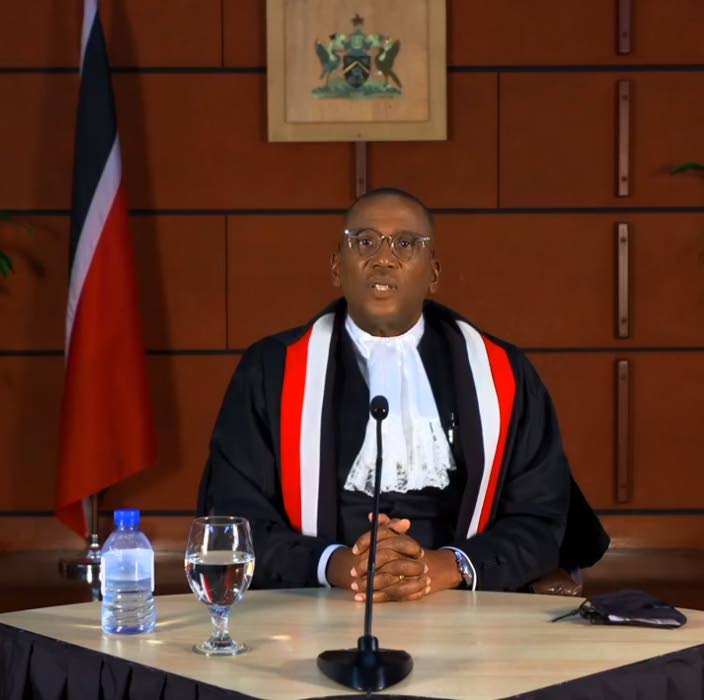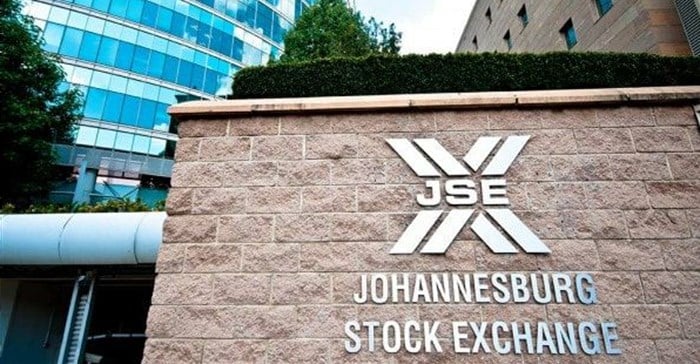By Jada Loutoo
Copyright newsday

Justice Frank Seepersad said the eventual appointment of a new chief justice must focus on service and transparency in the administration of justice.
He spoke during a media interview on September 21, after delivering the sermon at the Marabella Presbyterian Church.
Chief Justice Ivor Archie announced his early retirement at the ceremonial opening of the new law term on September 16.
Archie, 65, said his decision was deliberate. He noted when he was appointed in 2008, the retirement age was 65. The retirement age for judges was raised to 70 in 2020.
“I have decided to retire at the time of my own choosing and not to wait until I reach the age of 70. There will always be unfinished business, no matter when I leave.”
He added, “Transparency and seamless processes are an important part of good corporate governance. It requires careful planning and preparation.
“The office of Chief Justice is not private property or something you hold or cling to. It is a sacred baton held in trust for one’s successors and the nation. I am but a single runner in a never-ending relay, and the baton must be passed at some time… The race is compromised if you don’t pass.”
Seepersad reminded that Chief Justice Archie has not yet retired, but stressed that change was an essential part of institutional growth. He said the successor must “put the institution first” and ensure citizens have meaningful access to justice.
“We still have a Chief Justice. The Chief Justice has not yet retired and when he does so, it’s important we understand that change is an integral part of life and an integral part of the evolution of any institution and our hope must always be that whoever succeeds the current Chief Justice, puts the institution first and constantly remembers that this is about service, of service to the citizens of TT and that access to justice is of fundamental importance.”
The judge also called for consideration of reopening the nation’s courts to the public, highlighting the importance of accountability, “so that the man on the street can walk into a courtroom not only as a litigant but as an observer, because justice must be transparent,” Seepersad said.
He noted that the decision to appoint a new chief justice lies with the president, who will act in consultation with the prime minister and the opposition leader.
“That is not my choice to make,” Seepersad said, adding that the appointee must have the confidence of the public.
When asked whether he would accept the role if offered, Seepersad said judges serve wherever required. “One cannot accept something that one is not offered,” he said. “All judges serve and will continue to serve in whatever role that they are required to, whether it’s at the high court, the court of appeal or at the level of chief justice.”
In his sermon, centred on the biblical theme, “what you sow, you reap,” Seepersad reminded worshippers that life’s outcomes are shaped by the decisions they make, noting that “each choice that we make in life brings a consequence.”
He said that sowing positive, God-honouring actions leads to blessings, while sinful actions lead to destruction.
Seepersad explained that a single seed yields a multiplying effect, comparing it to both kindness and dishonesty. “A kind word or a remote act of kindness can all result in a bountiful harvest,” he said, warning that corruption at personal or national levels can bring lasting harm.
His sermon also addressed social concerns, including crime, economic strain, and youth behaviour. Seepersad pointed to parenting gaps and the influence of social media as contributing factors to a “behavioural crisis in our schools.”
He spoke about laws in other countries restricting social-media access for children under 16 as an example of policies worth considering.
Reflecting on TT’s independence and republic milestones, Seepersad challenged the nation to examine what has been sown since self-governance. He questioned whether society had fostered unity, equity, and national identity or instead “squandered the billions earned from our natural resources.”
Seepersad ended with a call to action, urging believers and citizens alike to sow seeds of integrity, honesty and unity.
“It is not too late. We can still plant seeds of integrity and honesty… and sow differently and decisively so as to ensure that we all enjoy a bountiful harvest,” he said.



